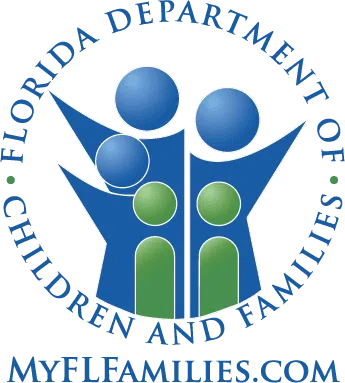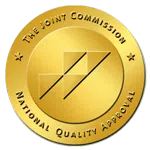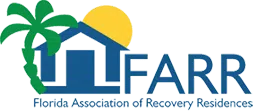
Drug withdrawal is an arduous journey many individuals face on their path toward sobriety. It is a physical and psychological process wherein the body readjusts to functioning without drugs after prolonged use.
Keep reading to shed light on the common symptoms of drug withdrawals, associated dangers, and how drug rehab can aid recovery!
What is Drug Withdrawal?
Drug withdrawal is the body’s response to a sudden decrease or discontinuation of certain drugs.
Why Does Withdrawal Happen?
It occurs when someone repeatedly takes and then abruptly stops using drugs, especially ones that have a powerful effect on the brain’s chemical balance.
How to Recognize Common Drug Withdrawal Symptoms
Withdrawal symptoms may vary depending on factors like the type of substance used, the duration of use, and the individual’s general health.
However, some common drug withdrawal symptoms include:
- Anxiety
- Restlessness
- Insomnia
- Depression
- Physical ailments like sweating, rapid heart rate, nausea, and muscle pain
- Cravings for the substance are also prevalent
Severe withdrawal symptoms include hallucinations, seizures, and delirium tremens (a severe form of Withdrawal from alcohol involving sudden and severe nervous system or mental health changes).
It is essential to seek medical help when these occur.
What is the Withdrawal Timeframe?
The timeline of drug withdrawal can vary, ranging from a few days to several weeks, months, or even years.
It depends on many factors, including the substance used, the individual’s general health and medical history, and how long they have used it.
What Are the Dangers of Drug Withdrawal?
Drug withdrawal can sometimes be life-threatening, particularly if not properly managed.
The body has adjusted to the constant presence of the substance, and removing it can cause a shock to the system.
This can lead to severe dehydration, heart failure, or other serious health complications.
The intense cravings and uncomfortable withdrawal symptoms can also push an individual toward relapse.
This is especially dangerous as tolerance levels drop during detox, increasing the risk of overdose.
What is Post-Acute Withdrawal Syndrome?
Post-Acute Withdrawal Syndrome (PAWS) is a set of symptoms that can occur even after an individual has withdrawn from the substance.
These symptoms typically happen in waves, including depression, anxiety, fatigue, emotional outbursts, difficulty concentrating or remembering things, and insomnia.
PAWS is more likely to occur with long-term use of certain substances such as benzodiazepines, alcohol, and opiates.
The Role of Drug Detoxification
Medical detox is the first step in treating drug dependence and addiction. It involves eliminating the substance from the body and managing withdrawal symptoms.
Detox should always be conducted under close professional supervision to ensure safety and comfort.
Medical professionals can administer medications to ease withdrawal symptoms and monitor vital signs to prevent complications.
They can also provide psychological support during this challenging period.
However, detox alone is not a cure. It’s a stepping stone towards long-term recovery, often requiring further treatment.
How Drug Rehab Can Help Following Detox
Rehab is the next phase after detox.
It provides a structured environment for individuals to learn coping strategies, rebuild healthy habits, and address the underlying issues leading to substance use.
Rehab programs often involve individual and group therapy, education about addiction, and skill-building sessions.
These programs aim to equip individuals with the tools to maintain long-term sobriety.
In rehab, individuals also can build a supportive network of peers who understand their struggles.
This sense of community can be incredibly beneficial in promoting lasting recovery.
What are the Types of Rehab Programs?
There are many types of rehab programs to suit different individual needs.
The primary focus should be choosing the best suits your unique situation and goals.
These include inpatient, outpatient, sober living homes, and dual-diagnosis treatment centers.
Inpatient Treatment
Inpatient treatment is often recommended for those with a severe addiction who require round-the-clock monitoring and support.
Outpatient Treatment
Outpatient programs offer more freedom and flexibility, allowing individuals to continue their lives outside treatment while attending regular therapy sessions.
Sober Living Facilities
Sober living homes provide clients with a safe and comfortable environment while transitioning from inpatient treatment to society.
Dual Diagnosis Treatment
Lastly, dual-diagnosis treatment centers specialize in treating psychological symptoms in individuals with mental health issues and substance abuse problems.
Prevail Treatment Center Offers Treatment for Common Drug Withdrawal Symptoms in Florida
Drug withdrawals are complex processes fraught with challenges. However, with the right support and resources, recovery is possible.
At Prevail Treatment Center, we aim to provide compassionate care and support clients need to lead healthier lives free from addiction.
We offer a variety of treatments, including medical detox, nutrition support, integrative medicine, relapse prevention, and more.
By combining these modalities with clinical support staff and peer recovery coaches, we can provide our clients with the best care and improve outcomes.If you have questions or want additional information, please contact us today to start your journey to recovery.




